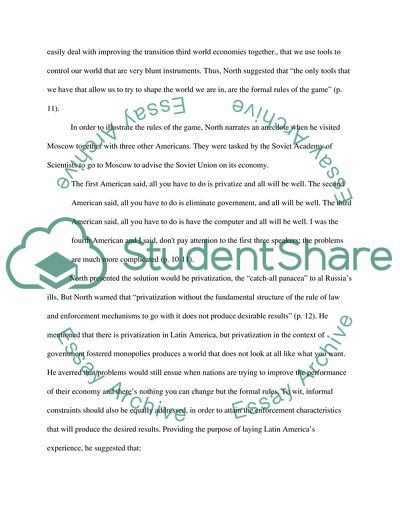Cite this document
(“Understanding the process of economic change in a global world Essay”, n.d.)
Understanding the process of economic change in a global world Essay. Retrieved from https://studentshare.org/macro-microeconomics/1519540-understanding-the-process-of-economic-change-in-a-global-world
Understanding the process of economic change in a global world Essay. Retrieved from https://studentshare.org/macro-microeconomics/1519540-understanding-the-process-of-economic-change-in-a-global-world
(Understanding the Process of Economic Change in a Global World Essay)
Understanding the Process of Economic Change in a Global World Essay. https://studentshare.org/macro-microeconomics/1519540-understanding-the-process-of-economic-change-in-a-global-world.
Understanding the Process of Economic Change in a Global World Essay. https://studentshare.org/macro-microeconomics/1519540-understanding-the-process-of-economic-change-in-a-global-world.
“Understanding the Process of Economic Change in a Global World Essay”, n.d. https://studentshare.org/macro-microeconomics/1519540-understanding-the-process-of-economic-change-in-a-global-world.


